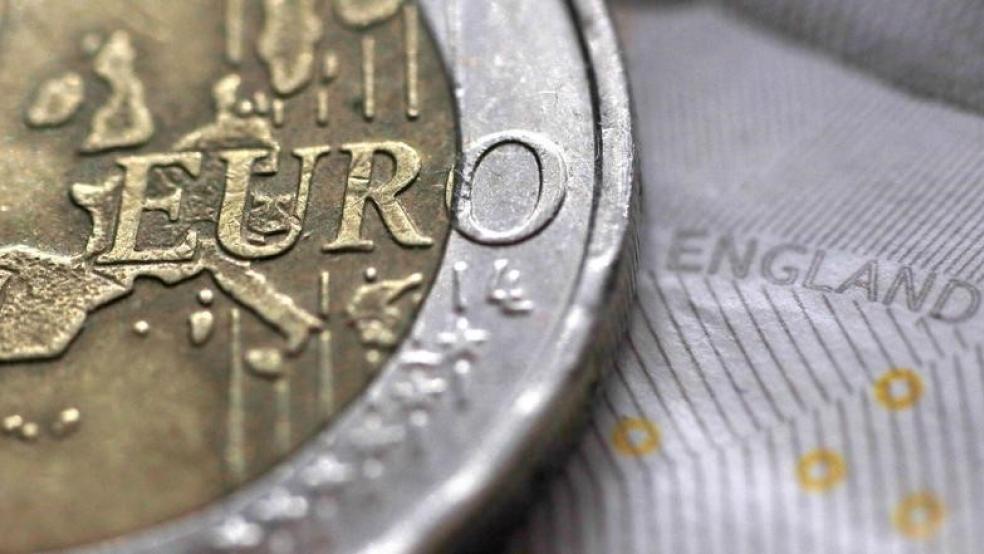CALGARY, Alberta (Reuters) - The Canadian crude-producing province of Alberta will post a higher-than-expected budget deficit of C$10.3 billion (US$7.73 billion) in the coming fiscal year, it said on Thursday, raising spending as its economy recovers.
Alberta, home to Canada's oil sands and the No. 1 exporter of crude to the United States, has benefited from higher global crude prices since a long decline bottomed out at $26 a barrel last year. That recovery, along with a pickup in manufacturing exports, have boosted Alberta's economy, which will grow by 2.6 percent in 2017, according to the province.Nonrenewable resources revenue, including from oil and gas, will increase to C$3.8 billion. The projected deficit for 2017-18 was higher than the C$10.1 billion forecasted last year, but lower than 2016-17's C$10.4 billion, which itself had been revised to become lower than expected.But the province's left-leaning New Democratic Party government, which swept to victory in 2015, said it was prepared to tolerate deficits. Thursday's budget, with C$29.5 billion in capital spending over four years, reiterated that the province would protect public services.The budget is for fiscal 2017-2018 which begins on April 1.Finance Minister Joe Ceci told a news conference an increase of 2.2 percent of the province's operating expenses to C$55 billion was more than previously forecast, but the government may have a lower deficit for 2017-18 if it does not encounter unexpected spending."We will continue to bring the deficit down to balance and we will do so without sacrificing the supports and services families need," Ceci said. Alberta will borrow heavily to fund its fiscal plan, with total debt hitting C$71.1 billion, or 19.5 percent of nominal GDP, by 2019-20. The province's target of 2024 for balancing the books remains, it said.Alberta forecast newly approved pipelines that move its landlocked crude will spur production, boosting revenue from royalty payments by up to C$9 billion between 2017 and 2022.The province will earn more than C$1 billion from a new carbon levy in 2017-18, the first full year the measure is in place. By 2020 Alberta expects the levy to raise C$5.4 billion, all of which would be funnelled into green projects, consumer rebates and a small-business tax reduction. (Additional reporting by Nia Williams in Calgary, Alberta; Editing by Matthew Lewis)Canada's Alberta ups spending with higher C$10.3 billion deficit

Thomas White



